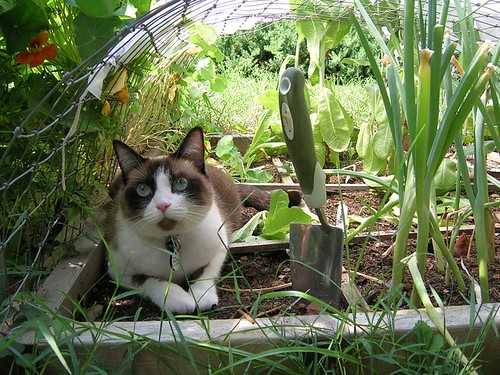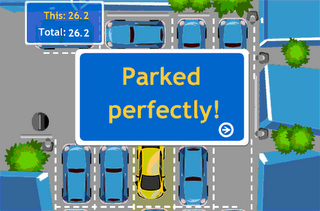Org charts in a digital age
Okay, I said I was taking a hiatus for a little while, but David King's recent post about his new job as the Digital Branch and Services Manager of the Topeka and Shawnee County Public Library got me thinking...
In his post, David writes about one of the reasons he took the new job in Topeka:
Me too, David."I also liked how they are treating the IT department and the web team in our emerging techie world. Some library IT departments are treated as a separate, supporting function of the library - and not really included as a department that serves the public. And no one really knows what to do with a web team - some have separate departments, some divide content and structure-type jobs (the web programmers go with IT, the content developers go somewhere else), and some are stuck in really strange areas (I've seen one library that lumped web services with the cataloging department!).
But Topeka has done something I think is ingenious - they changed their focus, so rather than placing the Digital Branch team within the IT department, they included the IT team as part of the Digital Branch. Maybe semantics, maybe not that new... but that little switch in thinking makes a ton of sense to me."
I believe more libraries should be open to adapting (evolving) their organizational structures to facilitate the best possible service to the public -- particularly with regard to the relatively new realm of digital services. Risky? Yes. But it's a smart risk taker that recognizes that if you really, really do want your library to have a fab online/digital presence, then you're going to have to break up, integrate and restructure some departments to get the right mix of talent on the task and streamline the information flow. Why hold on to senselessly segmented or isolated departments, or structures that were developed for the way libraries functioned twenty years ago (or even 10)? While your library clings to "the way things have always been," the world moves on.
And sometimes change isn't as painful as the ongoing frustration of systemic dysfunction.
Best wishes in the new job, David.
(Return to the main page.)


